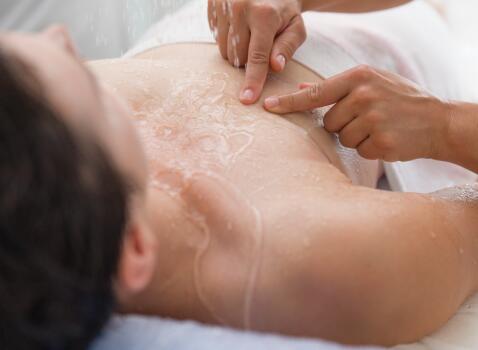Skin and cancer
Eau Thermale Avène answers your questions
When the skin is sensitised by oncological treatments, when it becomes more reactive, what’s the best way of taking care of it every day? How can I look after it? What is the right skincare routine to adopt? Dry skin, skin irritation or damage to the skin: how do you reduce and relieve the side effects of cancer treatments on the skin?
Advice from Dr Gautier Doat, Medical Director of the Eau Thermale Avène brand and from Sophie Mery, Hydrotherapy Institute Director, at the Avène Hydrotherapy Centre.


Act For Skin
SKIN & CANCER INFORMATION BOOKLET
The skin is very often affected by cancer treatment. Eau Thermale Avène has always taken care of the most sensitive skin types so we offer our support as you go through this unique period of your life.
Click to download our Act For Skin: Skin & Cancer Booklet which contains information and products that may help to comfort and care for skin during and after your treatment.
Which skin care routine should you adopt?
Identify what it really needs with the help of our experts and discover the most suitable skin care routine for you.

